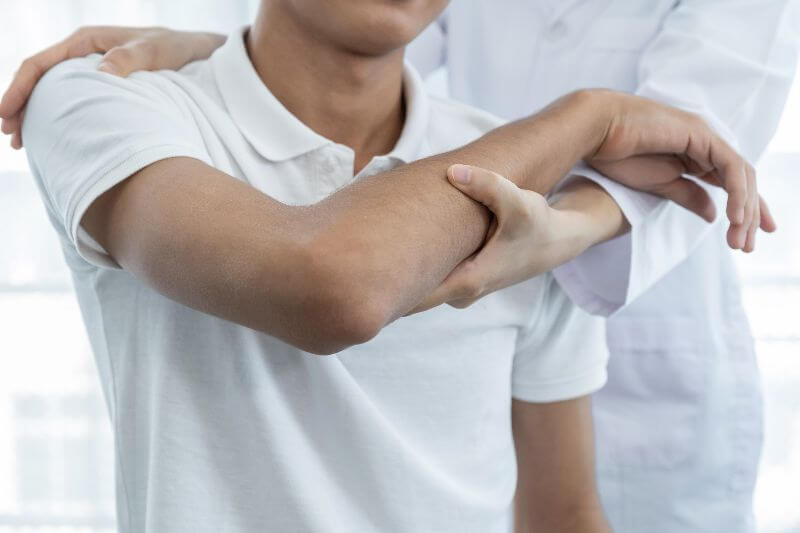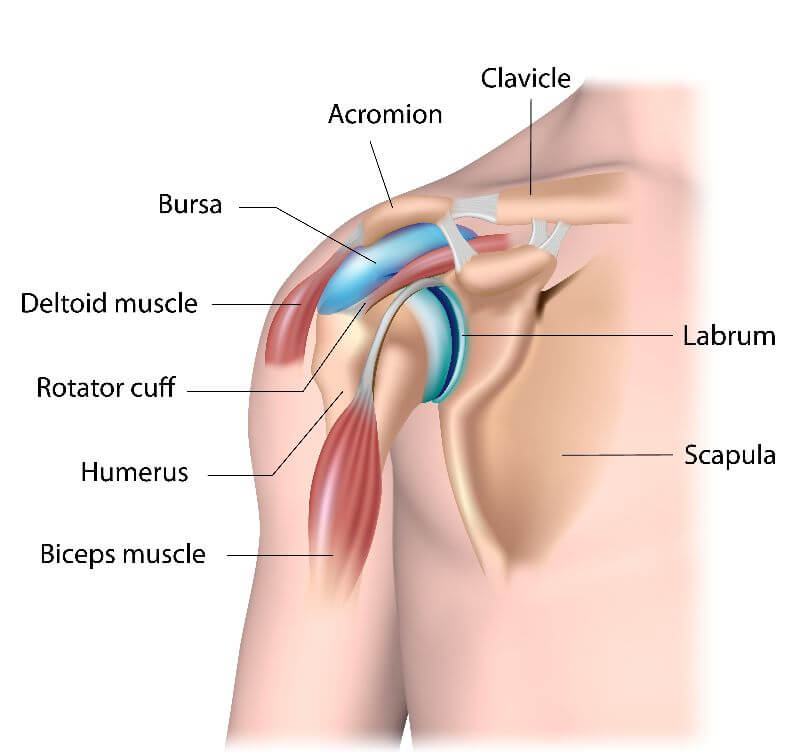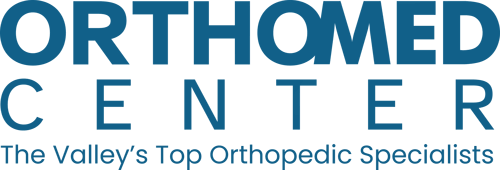The shoulder joint allows the largest range of motion and movement of any other joint in the body. For this reason, the shoulder is a common area for injury, pain, and discomfort.
Treatment for shoulder problems can include exercises, oral anti-inflammatory medication, cortisone injections, physical therapy, and minimally invasive surgery such as arthroscopy.
At OrthoMed Center, our board-certified orthopedic surgeons have extensive experience treating shoulder conditions and injuries. Patients are evaluated and treated with the utmost compassion and understanding.
Your shoulder comprises several joints combined with tendons and muscles that allow incredible motion in your arm.
Your shoulder is made up of three bones: your humerus (upper arm bone), your clavicle (collarbone), and your scapula (shoulder blade).
Your arm is kept in your shoulder socket by your rotator cuff. These muscles and tendons form a covering around the head of your humerus and attach it to your shoulder blade.
There is a lubricating sac called a bursa between the rotator cuff and the bone on top of your shoulder (acromion). The bursa allows the rotator cuff tendons to glide when you move your arm.
If these many different structures don’t work well together, then shoulder pain may occur.
Most problems in the shoulder involve the muscles, ligaments, and tendons rather than the bones. The most common shoulder conditions and injuries include:
- Frozen Shoulder
- Labrum Injury (SLAP Tear)
- Rotator Cuff Tear
- Shoulder Arthritis
- Shoulder Dislocation
- Shoulder Impingement
Frozen shoulder, also called adhesive capsulitis, is a condition that causes severe pain and stiffness in the shoulder. It most commonly affects people between the ages of 40 and 60, occurring more often in women than in men. Over time, the shoulder becomes stiffer and stiffer, making it difficult to move.
A SLAP tear is an injury to the labrum of the shoulder--the ring of cartilage that surrounds the socket of the shoulder joint. The labrum helps hold the head of the humerus in place.
The term SLAP stands for Superior Labrum Anterior and Posterior. In a SLAP tear, the top (superior) part of the labrum is injured. This part of the labrum is also where the biceps tendon attaches, and a SLAP tear occurs both in the front (anterior) and back (posterior) of where the biceps attaches to the labrum. The biceps tendon itself can also be involved in the SLAP tear.
A rotator cuff tear is a common cause of shoulder pain. Although a rotator cuff injury is frequent among athletes, such an injury can also occur due to trauma and the “wear and tear” of the tendons over time.
A rotator cuff injury can lead to significant shoulder weakness, and treatment is necessary to correct this problem. Our orthopedic surgeons offer both surgical and nonsurgical treatment options for a rotator cuff tear.
Shoulder arthritis is a degenerative condition that causes pain, stiffness, and inflammation in the joint. As shoulder arthritis progresses, it can change cartilage and other structures of the shoulder joint. The gradual loss of cartilage eventually causes the two shoulder bones to grind against each other, resulting in pain, stiffness, and inflammation in the joint.
While these degenerative arthritic changes cannot be reversed, many therapeutic options are available to help patients manage pain and stay active. Treatment recommendations often depend on which joint is affected and the type of shoulder arthritis you have.
If you have severe arthritis or a fracture in your shoulder joint, you may need a shoulder replacement. Shoulder replacement surgery replaces the worn parts of your shoulder joint with artificial components. It is a complex procedure performed to relieve pain and improve mobility.
A shoulder dislocation is a common injury that often occurs due to trauma, a fall, or overuse. Even though the shoulder joint is the most flexible joint in the body, allowing it to move in many directions, it is susceptible to dislocations due to the design of the shoulder, which has no inherent stability. The shoulder has a shallow socket (glenoid) that does not support the ball of the shoulder (humeral head). As a result, the shoulder relies on soft tissue structures (surrounding ligaments and muscles) to maintain stability. While these soft tissue structures make the shoulder more flexible, they also make it more susceptible to dislocations.
Shoulder impingement refers to shoulder pain caused by mechanical irritation of one or more structures during shoulder motion. Shoulder impingement ranks as one of the top causes of shoulder pain. In impingement, the pain is not caused by an injury but by poor shoulder biomechanics that allows abnormal motion resulting in irritation and inflammation of the shoulder tissues. It is a persistent pain that affects everyday activities.
At OrthoMed Center, our board-certified orthopedic surgeons have vast experience in treating shoulder conditions and injuries. If you would like to set up an appointment with one of our orthopedic surgeons, contact OrthoMed Center at (209) 524-4438. You may also request an appointment online.




